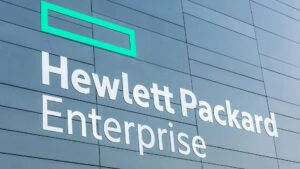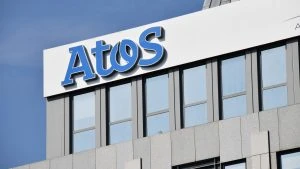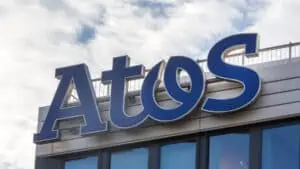Hundreds of billions are being invested in artificial intelligence in the USA, while the Chinese start-up DeepSeek is causing a stir. Europe’s founders are now looking to join forces – and are warning that they are falling behind.
In the face of tough competition from AI giants from the USA and China, German and French start-ups are calling for artificial intelligence to be strengthened in Europe. The continent must act urgently to secure its technological sovereignty, according to a joint statement by the startup association France Digitale and the European Startup Network, which was obtained by Deutsche Presse-Agentur. “Europe must not fall behind,” it says with regard to competitors.
“The global race for the leading role in artificial intelligence is accelerating,” says Verena Pausder, Chairwoman of the Startup Association. If Europe is united and determined, it can keep up. “Our strength lies in our talent, our world-class research and the potential of our integrated market.”
Against the backdrop of the US’s 500 billion dollar Stargate investment offensive and the breakthrough of the Chinese AI start-up DeepSeek, the associations are calling for swift action in four areas:
- For example, more capital from major investors is needed to accelerate the growth of AI start-ups. A pan-European programme is needed to mobilize money from insurers and pension funds. The harmonization of regulation in areas such as corporate law, taxation and employment could also facilitate the expansion of AI companies.
- Artificial intelligence should be used more in the public sector and by small and medium-sized enterprises. “Governments can drive innovation by acting as early adopters.”
- A resilient European digital infrastructure is needed to reduce dependence on global tech companies. Europe should strive to play a leading role in new technologies such as quantum computing and utilize existing strengths.
- Fair competitive conditions are also needed to break up monopolies. The dominance of large tech companies in AI creates systematic disadvantages for European start-ups.
Europe has everything it needs to be a leader in artificial intelligence, said Maya Noël, head of France Digitale. By joining forces, we can build the champions of today and tomorrow.
So far, only a few players from Europe have made a name for themselves in the AI sector. The leading European AI start-up Mistral AI from France primarily develops open source language models. Its German counterpart Aleph Alpha has largely abandoned the development of its own large language model and is focusing on specific AI solutions for corporate customers and public sector clients. The Heidelberg-based start-up is no longer seen as the German answer to the American AI giants OpenAI (ChatGPT) and Google (Gemini).
German companies ahead in special fields
In certain specialist disciplines, however, German AI companies can hold their own against international competition. The Cologne-based translation specialist DeepL is holding its own against Google Translate or the translation functions of ChatGPT. The Munich-based software company Helsing specializes in AI for the defence industry. Helsing’s products include a swarm-capable combat drone designed to help Ukraine defend itself against Russian aggression.
Despite European successes, the gap to the USA is threatening to grow. OpenAI and major technology partners want to invest 500 billion dollars in new AI data centers as part of the Stargate program. However, the Chinese start-up DeepSeek recently challenged the superiority of American tech companies by presenting a powerful AI model that was allegedly created at a fraction of the cost of competing US models. Experts see this as an opportunity for Europe to at least reduce the seemingly unassailable lead of US companies.
dpa






